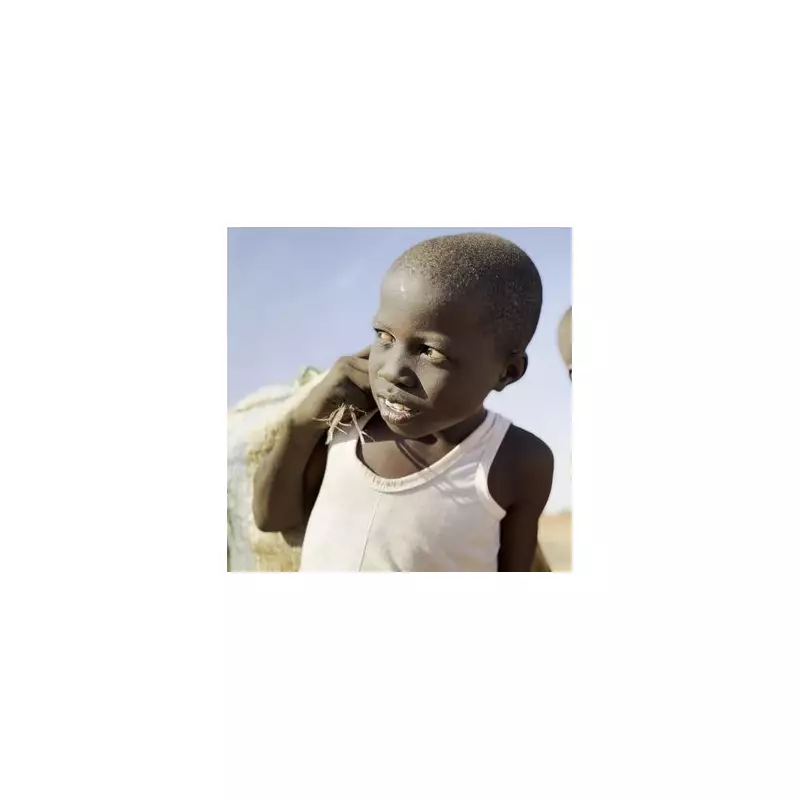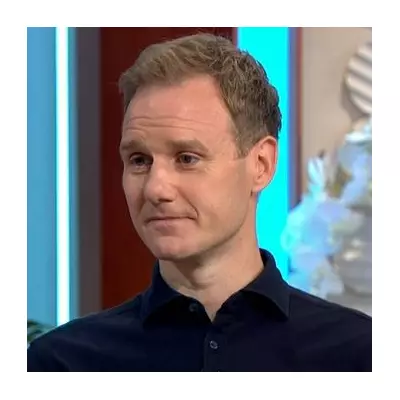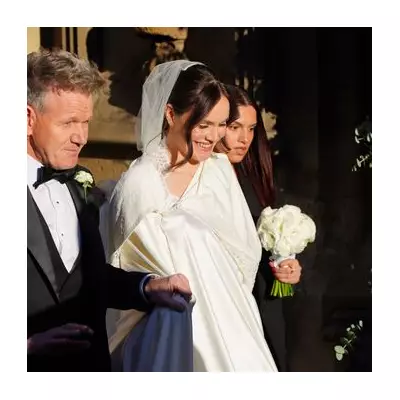
A powerful new documentary has laid bare the terrifying realities of the Sudanese conflict, exposing instances of child slavery and brutal slaughter on the streets of the capital. The film, titled Khartoum, offers a harrowing look at the bloodshed that erupted during the 2023 uprising.
From Prison Cell to Documentary
The project's origins are as unconventional as its subject matter. Director Phil Cox, a 50-year-old from Hackney, east London, first found himself in a Khartoum jail cell in 2017. While imprisoned for three months under the rule of dictator President Omar al-Bashir, the experienced conflict journalist began forging connections. "I made a lot of friends. I met anyone who was anyone," Cox tells The Mirror.
Returning in 2021 after al-Bashir's 2019 overthrow, during a period of joint military-civilian government that was itself facing a coup, Cox sought out those he had met. With British Council funding, he and his collaborative team from Native Voice Films, including Sudanese filmmakers Anas Saeed, Rawia Al Hag, Ibrahim Snoopy, and Timeea M. Ahmed, began an eight-month project. They supplied local residents with mobile phones to document their daily lives, aiming to create "a poem of the city."
A Film Transformed by War
The documentary initially followed five residents: plastic bottle collectors Wilson, then 11, and Lokain, then 12; tea stall owner Khadmallah; civil servant Majdi; and resistance committee volunteer Jawad. However, the project was violently upended on April 15, 2023, when fierce fighting erupted between the Sudanese armed forces and the pro-Arab Rapid Support Forces (RSF).
Cox, who had been forced to leave after another arrest, saw his role shift from filmmaker to rescuer. "The crew were in immediate danger, the city was in chaos," he says. He coordinated a dangerous escape operation for his team and the documentary's subjects, a process during which "people were shot next to me." Footage of their flight was lost as individuals were forced to delete phone contents to avoid arrest or execution.
Recreating a Lost City
Undeterred, the filmmakers tracked down the five main characters—now all refugees—and gathered them in a house in Nairobi, Kenya. For seven months, they lived together and reenacted both fond memories of Khartoum and the horrific sequences of bloodshed they had witnessed. These scenes were juxtaposed with saved pre-war footage and enhanced with poignant wartime imagery.
The testimony of the young boys, Wilson and Lokain, is particularly moving. Once "little chieftains" of their zone, collecting plastic bottles to sell, they describe seeing a man with no head and reenact RSF fighters gunning people down with machine guns. Their stark judgement on the situation: "You adults really messed it up."
Tragically, after the shooting started, the boys were taken by the militia as "small slaves to service the militia and clean weapons." With the threat of being forced to join the militia in Sudan—a nation Britain granted independence in 1956—their families agreed they were better off elsewhere. They have since settled in Kenya with filmmaker Rawia Al Hag and are now attending school. The other film subjects have also been helped to build new homes outside Sudan, where 24 million people now face the risk of hunger.
Cox, who is married to the film's producer Giovanna Stopponi and has a 16-year-old son, Romeo, hopes the documentary will pivotally raise awareness in the UK. He describes Sudan as "a tragedy which has come behind Ukraine and Gaza" in global attention, partly due to its location and the world's limited capacity for absorbing tragedies.
"This film is about five everyday people," he reflects. "A tea lady, a bureaucrat, a motorbiker, two young boys - who would just be invisible in everyday life. But what they've done is great heroism." Khartoum is showing at Film Africa 2025 at London’s Riverside Studios on 18 November and at Rich Mix on 21 November. It will be broadcast by the BBC next year.





